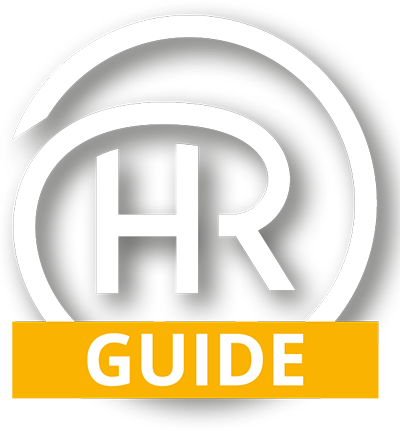Creating a Coaching Culture in the Workplace
Written by Andrew Johnson, Founder and CEO HRGuide - Thu 10th Oct 2024
Introduction
Coaching in the workplace is a structured process where a coach assists employees in enhancing their performance and achieving their objectives within an organizational setting. Coaching is a powerful way of developing employees who find solutions to their own business challenges, thus ensuring they learn and grow into their roles and you cascade decision making and accountability down the organisation allowing your business to make decisions quicker and respond faster to customer requests.
What the Statistics say
The International Coach Federation (ICF) conducted a study and found that 86% of companies not only made their investment back but also saw additional returns. Additionally, 19% reported a return of over 50%. This stat speaks volumes about the wide-ranging benefits of coaching, from driving productivity and fostering team spirit to developing leaders and sparking innovation.
Another compelling study conducted by a Fortune 500 company sheds light on the impressive return on investment (ROI) of executive coaching. According to their findings:
- A considerable 77% of participants reported that coaching had a significant impact on at least one key business metric.
- There was an upward trend in overall productivity, employee satisfaction, engagement, and quality, indicating the far-reaching effects of coaching.
- Most impressively, executive coaching yielded an astounding 788% ROI, proving its exceptional value within the corporate landscape.
Coaching can be delivered in a number of ways in the workplace. You can hire external qualified coaches to coach a specific number of key team members to assist them in their development. Alternatively, you can train your senior team in the skills of coaching and they can then coach all the members of their teams as aprt of their 1 to 1s and team meetings.
When to use coaching in the workplace
There are a number of instances you can use coaching in the workplace to maximise performance.
1. To improve productivity
Productivity is more than doing more, faster with less. It is about delivering quality work and fostering a workspace where people can perform at their absolute best. Coaching can help employees understand their tasks better, level up their goal-setting and problem-solving skills, and ignite the fires of motivation. It can also identify roadblocks in the workflow, streamline processes, help with conflict resolution, and motivate employees to take full charge of their roles. The result of this is less absenteeism, lower turnover, and a work environment where everyone is primed to deliver their best—all of which lead to a significant surge in productivity.
2. To improve leadership skills
Leadership is the secret behind successful businesses and the driving force behind an organization’s success. Developing strong and consistent leadership across your management team creates a culture for all employees to perform. Coaching can fast-track that journey. A coach can help leaders reflect on their leadership style, hone their skills and build their confidence as leaders. These benefits have been proven by data; research conducted by the ICF found that 65% of people who got some coaching saw improved work performance, while a whopping 80% reported a boost in self-confidence.
3. To improve communication skills
Effective communication is the lifeblood of a thriving business. When communication flows effectively up and down a business, it can ramp up efficiency, bolster morale, and breed a culture of respect. Coaching focuses on honing an individual’s ability to articulate thoughts clearly, listen actively, give and receive feedback effectively, and navigate difficult conversations gracefully. It equips employees with the tools they need to communicate with confidence, no matter the audience or the context.
4. To boost employee engagement
When employees are engaged, they are more than content with their work and they feel a strong bond with the organization. These engaged employees willingly give their additional discretionary effort to the business and are more productive and loyal. Gallup’s extensive research solidifies the bond between coaching and employee engagement. The results? Employees who affirm they’ve had meaningful discussions with their manager about their goals and strengths in the past half a year are 3.5 times more likely to be engaged.
Get expert advice on developing a culture of coaching from HRGuide
A management team capable of coaching and developing is a powerful tool when developing your workforce. Download our more detailed step by step HR How to Guide for more detail on goal setting by subscribing to https://www.hrguide.co.uk/subscribe.php
If our step-by-step HR How to Guide doesn’t give you the support you need, simply call us on our HR Helpline for expert advice.

